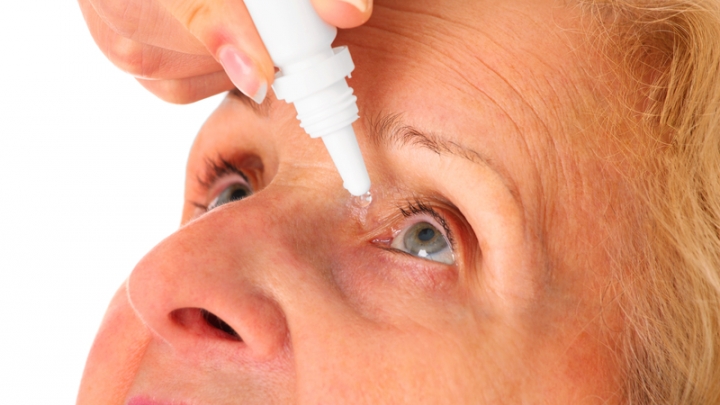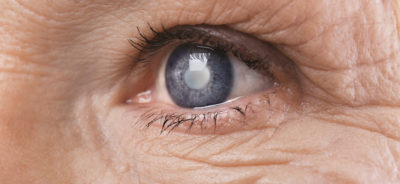How to Deal with Cataracts
What is cataract basically? Cataracts are formed when the clear lens inside your eye becomes cloudy or misty. The lens is part of the eye that allows light to be focused on the retina. Cataract causes the lens to be clouded with and thus prevents light rays from reaching the retina. This cloudiness is generally of protein deposits which may coagulate together into clumps that form the cataract. The cataract may expand in diameter, restricting further vision.

Other than old age, there are others as well who can have cataracts. People with diabetes, with wild lifestyle choices involving heavy alcoholic abuse and smoking or with those who are exposed to ultraviolet radiations, or people working outdoors in the sunlight for long hours, are likely to develop this problem.
Cataract can be countered at the early stages with props like better eyewear, anti-glare glasses or even consultations to work in better-lit surroundings. However, these props don’t always hold up for long. Surgery is the most effective treatment for cataract. When it starts to affect your vision during reading, or watching TV, consult an optometrist to get your eyes checked for cataract.
If a cataract is affecting your day to day life (for example; driving, reading or cooking), and the optometrist cannot improve this enough by changing your spectacles, you can ask them to refer you to an ophthalmologist. If it is not interfering with your daily life, it is safe to leave a cataract in your eye. In case one has other issues like diabetic retinopathy or glaucoma in his eyes, the ophthalmologist can advise to opt for surgery so that they have a clear view of the other underlying problem.
Cataract surgeries are safe and recommended as the ideal way to deal with this problem. However, you need to be aware of a couple of concerns that hold true for all surgeries: the risk of infection. Before the surgery is done, your doctor will evaluate your health to rule out medical complications, like high blood pressure or elevated blood glucose levels.
Take the prescribed medication and care after the surgery and you should be fine!






